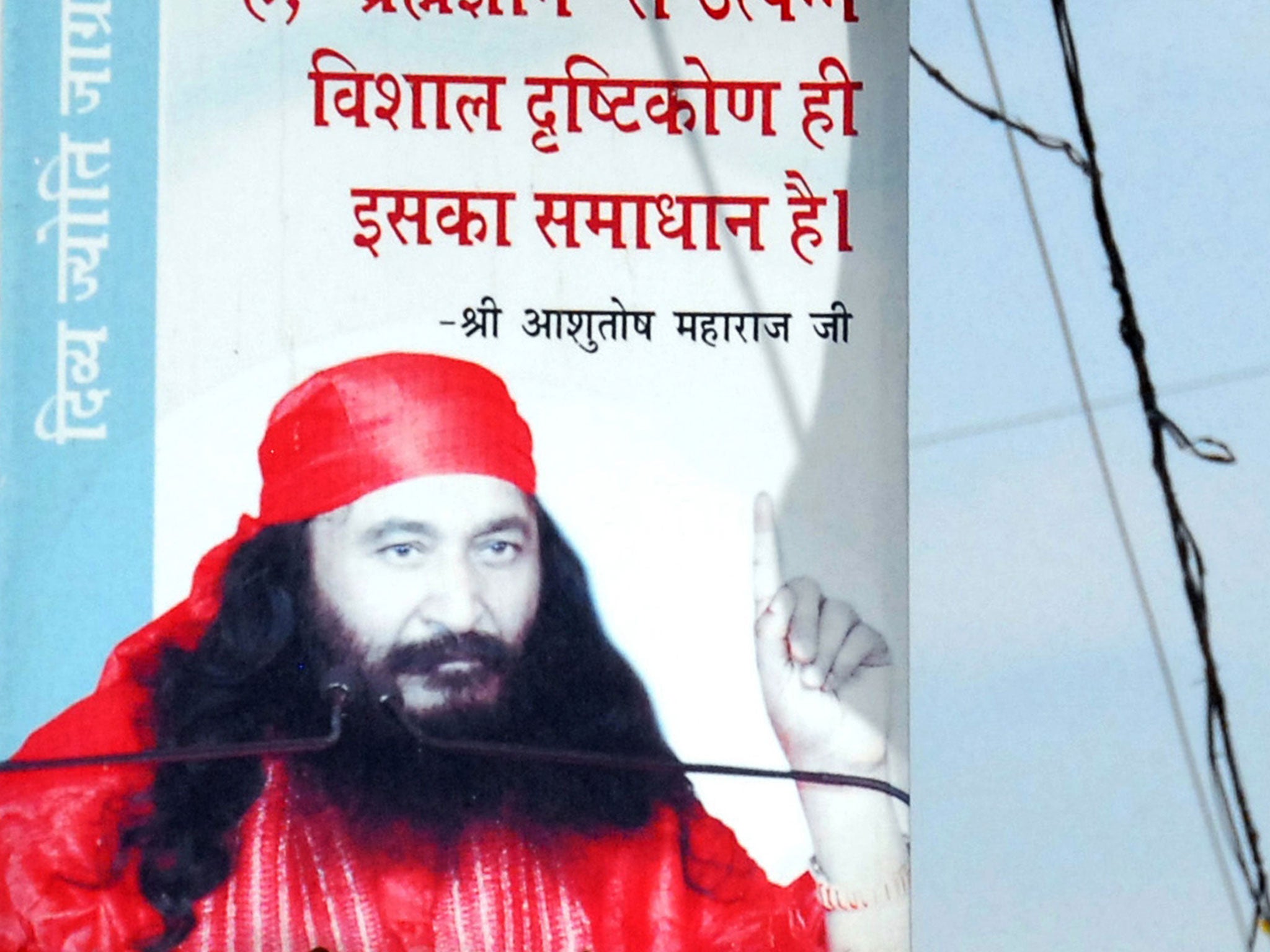Indian court asked to decide whether Hindu spiritual leader is dead or simply meditating
Followers of His Holiness Shri Ashutosh Maharaj have refused to hand over his body to his family for cremation

An Indian court is set to decide whether a Hindu spiritual leader is dead – or in a state of profound meditation.
His Holiness Shri Ashutosh Maharaj, who founded the Divya Jyoti Jagrati Sansthan religious order, died in January, his wife and son have said.
But his followers insist he is still alive and have refused to hand over his body for cremation, The Telegraph reported.
They claim that the guru, in his 70s, is actually in a deep state of mediation, known as Samadhi, and have frozen his body at their Ashram in the Jalandhar district of Punjab in anticipation of his awakening.
Doctors declared the Hindu leader clinically dead following what is thought to have been a heart attack – but the group’s official website says he has been in a “deep meditative state (Samadhi) since 29 January 2014”.
Punjab Police also confirmed his death but the Punjab High Court later dismissed its status report and local government officials decided that the dispute was a spiritual matter.
The guru’s wife and son have now filed a court application demanding an investigation into his death and for his body to be returned to them.
According to The Telegraph, his son, 40-year-old Dilip Jha, believes his father’s followers are keeping hold of his body in order to maintain control of his finances – the sect’s property estate is worth an estimated £100 million.
Divya Jyoti Jagrati Sansthan was started in 1983 for “the upliftment and empowerment of the most deprived, underserved and underprivileged strata of society”. It aims to help people understand their “individual role in shaping the world”.
The movement is now a global one, with followers across the world united in the hope of “world peace”.
Join our commenting forum
Join thought-provoking conversations, follow other Independent readers and see their replies
Comments